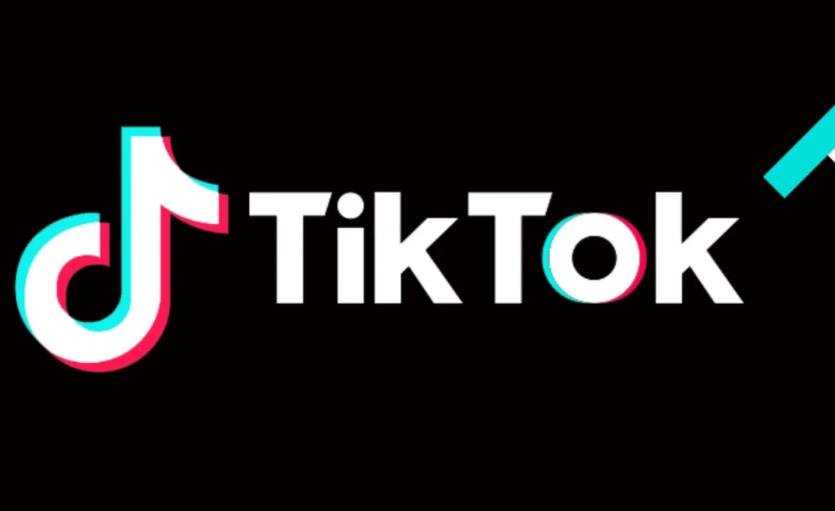The prospect of a TikTok ban has sent shockwaves through the social media marketing world. Companies and content creators have thrived on TikTok’s ability to amplify visibility and foster community engagement. The ban could disrupt marketing strategies, forcing a pivot to alternative platforms and a reevaluation of content dissemination methods.

The uncertainty has led to a surge in the exploration of other social networks, with marketers seeking to diversify their online presence. This strategic shift underscores the volatile nature of relying on a single platform and the importance of adaptability in the digital age.
Legal and Ethical Considerations
The potential ban raises complex legal and ethical questions about data privacy and the role of government in regulating online spaces. TikTok’s parent company, ByteDance, faces scrutiny over data handling and national security concerns. The outcome of this debate will likely set a precedent for future regulation of international tech companies operating in the U.S.
As discussions unfold, businesses must stay informed and prepared to navigate the legal implications of their social media activities. The situation serves as a reminder of the delicate balance between innovation, privacy, and security in the digital ecosystem.
Looking Beyond TikTok
In response to the uncertainty, social media strategists are exploring new horizons. Platforms like Instagram Reels and YouTube Shorts are becoming increasingly popular as alternatives for short-form content. The potential ban is accelerating innovation, with platforms evolving to fill the void that TikTok’s absence would create.
This period of transition is an opportunity for businesses to reassess their social media objectives and embrace a multi-platform approach. By doing so, they can mitigate risks and maintain a resilient online presence, regardless of the fate of individual platforms.
















